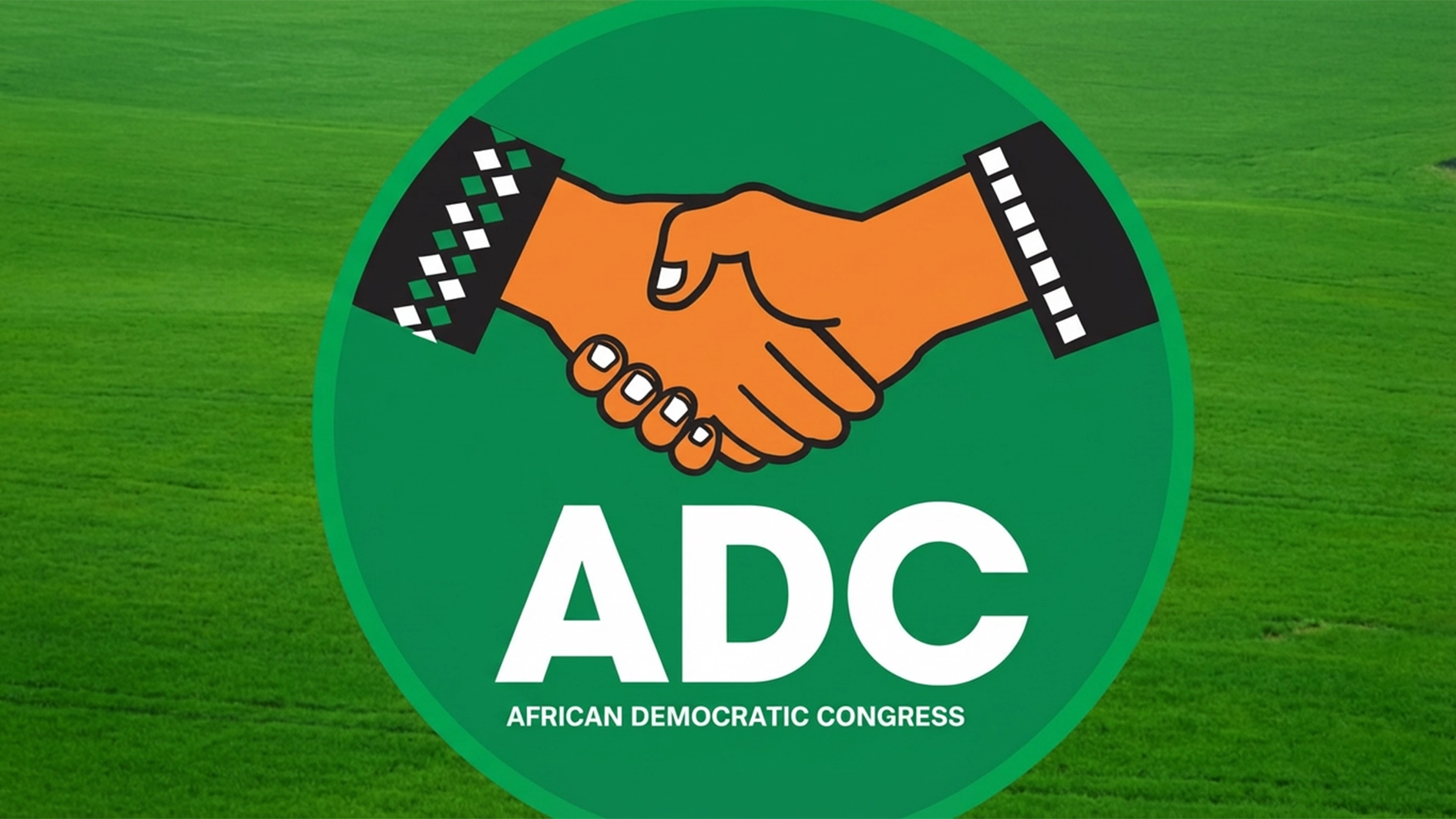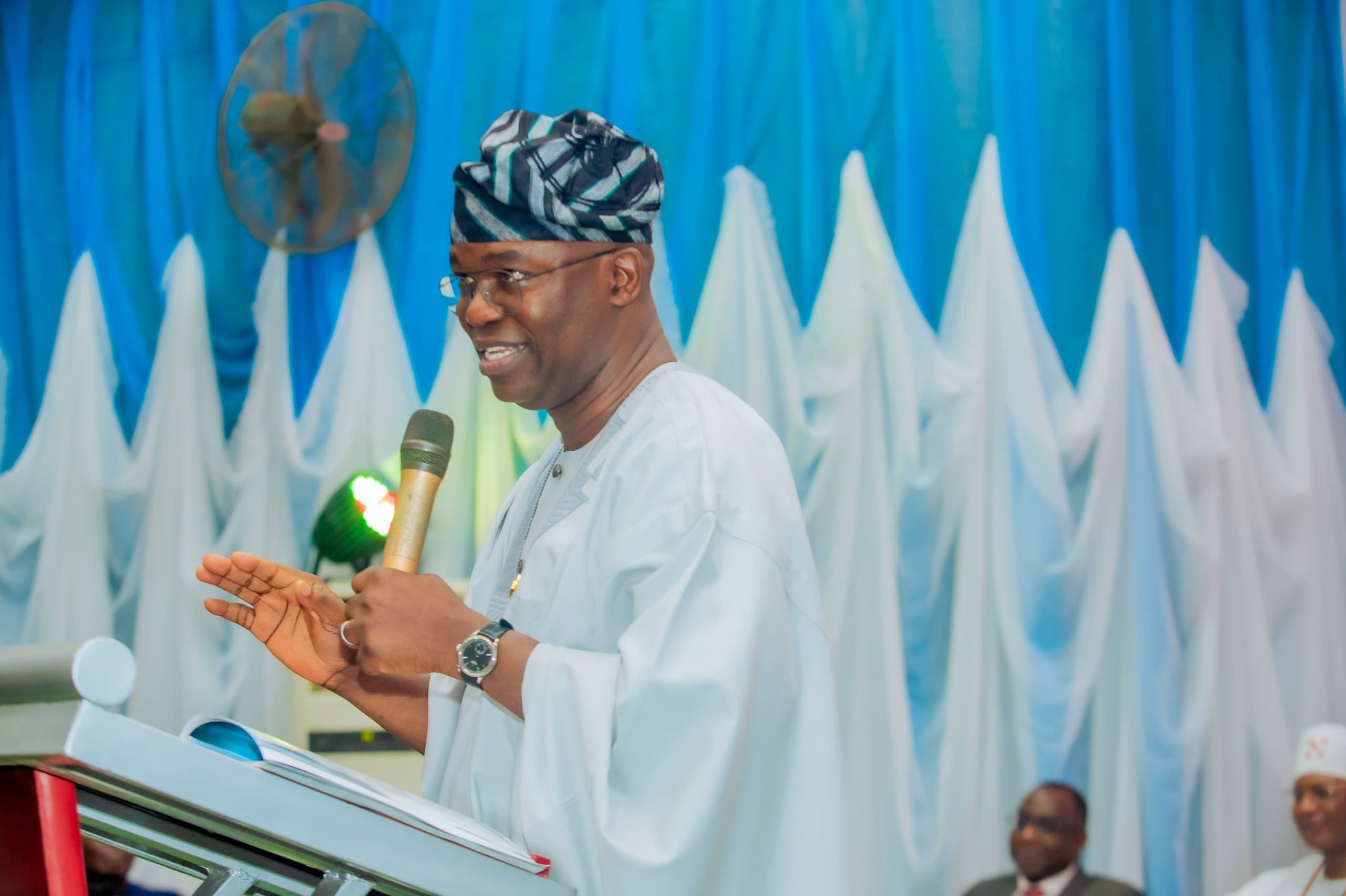Institute for Peace and Conflict Resolution (IPCR), scholars and policymakers have called for deeper academic and cultural exchanges with China, saying a shift away from Western-dominated narratives to a knowledge-based partnership that serves Africa’s development interests is germane.
They stated this at a lecture on advancing knowledge exchange themed, ‘Bridging Africa-China Dialogue Through Scholarly Exchange’ organised by IPCR, in collaboration with Contemporary World Magazine, Nigeria Edition, in Lagos.
Director of Studies, Nigerian Institute of International Affairs (NIIA), Prof. Efem Ubi, a leading scholar on Africa-China studies, emphasised that China has become central to Africa’s development discourse.
“Today, we cannot talk about Africa without mentioning China, nor can we talk about the global system without China,” he said. Ubi noted that over 40,000 African students are currently enrolled in Chinese institutions, surpassing figures for the United States and the United Kingdom. He urged African scholars to develop independent perspectives instead of reproducing Western biases, which he described as a pseudo-dysfunctionality in African scholarship.
“Instead of asking, ‘What is China’s role in Africa?’ we should be asking, ‘What is Africa’s interest in relating to China?’ and ‘How can Africa maximise the benefits of this relationship?’” he said.
Ubi also pushed back against the widely circulated debt trap narrative, noting that Africa’s past debt crises were largely owed to Western lenders, not China.
“It is ironic that no one called it a debt trap then, but today the same rhetoric is used against China,” he observed. Director-General (DG), IPCR, Dr. Joseph Ochogwu, stressed that knowledge must be central to Nigeria’s foreign policy.
“The kind of relationship that we’re having, international relations oftentimes is informed more by knowledge. Trade is there, investment is there, and bilaterals are there, but knowledge is very critical to how well these things advance,” he said.
Ochogwu pointed out that in September 2024, President Bola Tinubu upgraded Nigeria’s engagement with China from a strategic partnership to a comprehensive strategic partnership, aligning with Nigeria’s new policy of strategic autonomy. This approach, he explained, ensures that Nigeria’s international partnerships are guided strictly by national interest.
He commended Contemporary World Magazine for providing a platform to bridge knowledge gaps in Africa-China relations. “What this magazine is doing is to promote increased understanding between Nigeria, Africa, and China,” he said, adding that African countries should draw lessons from China’s rural transformation and infrastructure-driven development. Political Science lecturer at Lagos State University (LASU), Dr. Tobi Oshodi, cautioned against oversimplifying China’s role in Africa.
“Knowledge does not happen in isolation. It is produced by certain processes. To argue that only Western narratives exist is problematic,” he said.
Coordinator, Editorial Team, Contemporary World Nigeria Magazine, Dr. Olalekan Babatunde, explained the origins and mission of the Nigerian edition of the magazine. The publication, he said, was launched on November 18, 2022, as a collaborative initiative between Contemporary World China, sponsored by the International Department of the Central Committee of the Communist Party of China and IPCR.
“Among all institutional agencies that applied, the IPCR won the proposal to house the magazine in Africa, in Nigeria, and also in Tanzania,” Babatunde noted.
The magazine, founded globally in 1981, is known for its in-depth reporting. The Nigerian edition extends its legacy, providing a platform for mutual understanding, academic exchange, and policy debate on Africa-China relations, international studies, climate change, food security, and security cooperation. He stated that the magazine is multilingual, published in Chinese, English, Spanish, and Arabic, and has already produced 10 editions.
“Calls for contributions are made quarterly, with articles subjected to review by both Nigerian and Chinese editorial teams.






